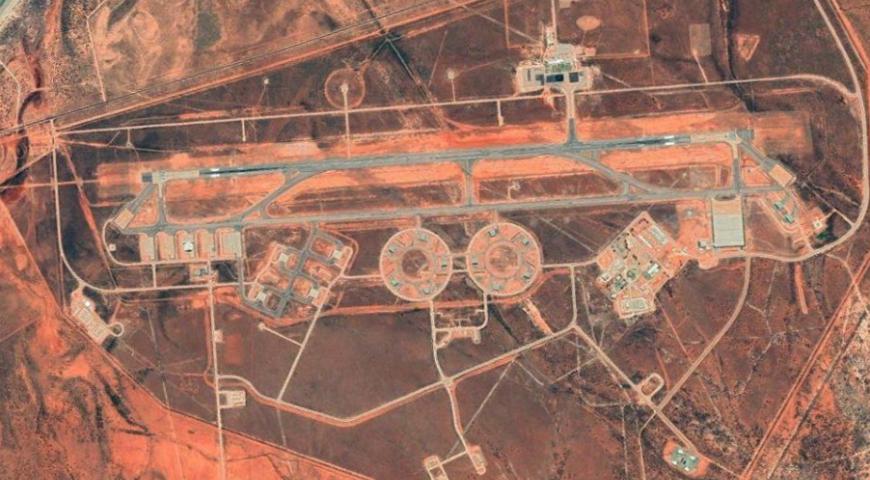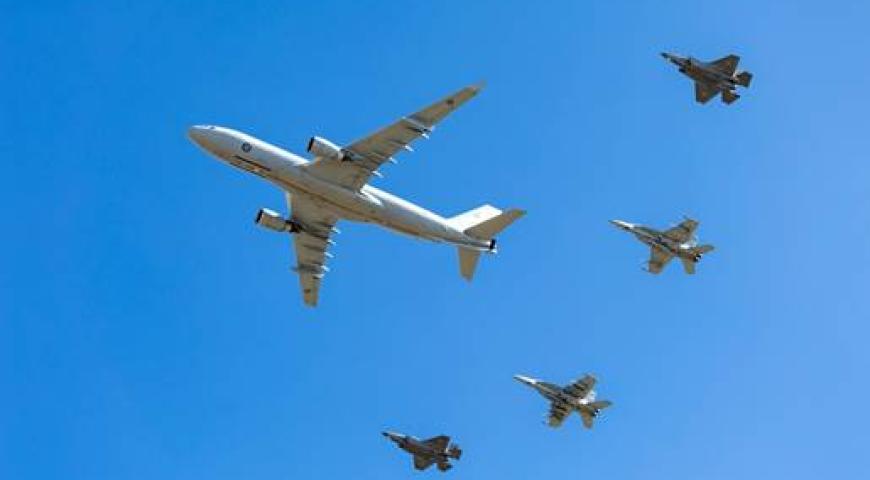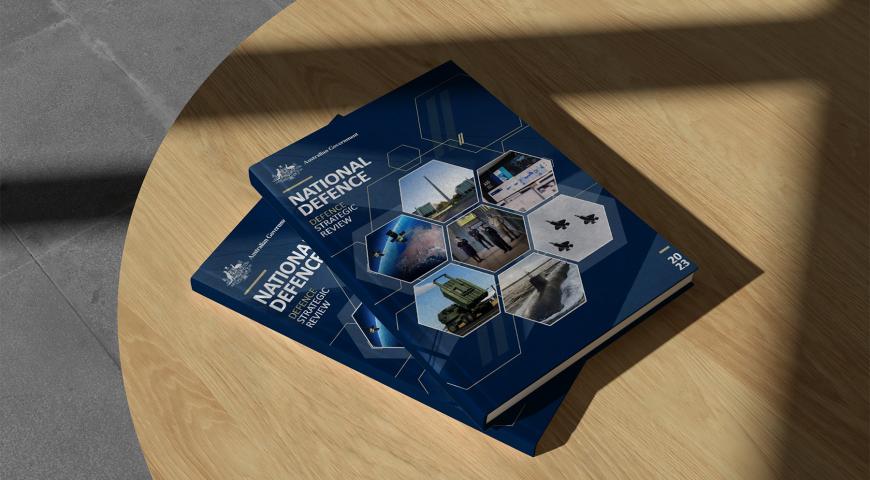The Defence Strategic Update of 2020 provided three words that neatly encapsulate Government’s strategic objectives. The words also capture the raison d'etre of the Australian Defence Force and the tasks it is likely to execute in a period of ‘the most consequential strategic realignment since the Second World War’.[1]
While those three words are simple and effective, they encourage an oversimplification of the prevailing strategic circumstances and Australia’s options to protect and advance national interests. Shape, Deter, Respond, is not a singular or linear process. Actions taken while servicing one objective will have a concurrent or subsequent effect on the others.
Noting the interconnectedness of the three strategic objectives, this article considers the topic of mobilisation, which is naturally associated with a response. The reality is that Australia’s ability to mobilise demonstrates resilience, determines agility and response times and will be a factor that influences how Australia protects and advances national interests through shaping and deterrence.
Firstly, the article considers the concept of mobilisation and explores the British experience in the 1980s, specifically how their nation mobilised for one contingency while being engaged in another. Secondly, the article proposes an approach that supports more than one objective while also building process and assurance that will become critical in a response that necessitates mobilisation.
Mobilisation is only required when the capacity of the ADF, and other elements of national power, become insufficient to respond accordingly.[2] In this circumstance, additional power or capacity must be generated to facilitate a suitable response. As identified by Peter Layton, an active commentator on the topic of mobilisation, the declining strategic circumstances make national security a likely driver for mobilisation. Concurrently, climate change, and the prospect of more frequent and intense natural disasters, raise the requirement of mobilisation to build capacity in response to human security crises.[3] Contemporary policy documents recognise the declining circumstances and looming challenges by directing investments that raise standing capability and capacity. However, there is little acknowledgement that those same circumstances and challenges may exceed the existing, or even increased, capacity of the ADF. Such concurrency pressures may force the requirement for mobilisation, as was experienced by the British in 1982.
The unexpected invasion of the Falkland Islands by Argentina, while Great Britain was participating in the Cold War, created an issue of concurrency and arrival at the threshold where standing capacity was insufficient to mount the required response. Being a cold war, there was a fundamental importance of shaping and deterrence, which was influenced and strengthened by the British response to the Falklands crisis. Subsequent Soviet assessments of the British response indicated they were impressed by the British resolve to uphold freedom, despite material cost and the challenges presented by the remote location of the contested islands.[4] Similarly, the efficiency of the British mobilisation and NATO’s preparedness and efficiency in meeting the military challenge was demonstrated as stronger than first thought. The effectiveness of the compact, highly motivated and well-equipped volunteer force that deployed to the Southern Atlantic provided the Soviets reason to review their measure of Great Britain. [5]
The tenacious and highly successful British response had a psychological effect on the USSR, however, it was an unintended and fortuitous by-product that had a shaping and deterrence effect in the more significant strategic challenge facing the British. Australia may well face concurrent human and national security challenges that can provide an advantage to separate strategic circumstances being managed through Shape, Deter, Respond.
When responding to national or human security challenges, domestically or offshore, consideration should be given to setting less constrained strategic objectives. A more ambitious approach will maximise the achievements associated with the contingency and deliberately break the threshold of what can be achieved by existing elements of national power. This approach will exercise the process of mobilisation, as was done during a modest callout of the Australian Army Reserve in early 2020. While some commentators concluded the callout was a political stunt, it did serve to test the process and exercise the Department in utilising a legislative authority that had never been enacted.[6]
As was the British experience in 1982, there are potential advantages within the information domain. Valuable opportunities exist to message the international community, demonstrating national resolve, agility and the ability to deploy various capabilities or platforms, regardless of whether they are in a traditional or non-traditional role.
It must be acknowledged that such an approach will increase resource pressures. However, an investment to positively contribute to proximal objectives, while exercising aspects of mobilisation gains efficiencies. Noting the emerging security challenges, this resource usage will stand up to public scrutiny and could be deemed essential.
The foreseeable convergence of a declining security environment and increased climate-related human security challenges threaten to create concurrency pressures that are likely to exceed existing levels of Australian national power. To launch a nondiscretionary response, the nation must mobilise to generate additional capacity. While such a contingency will test the resolve and resilience of the nation, careful management will capitalise on incidental opportunities that may achieve advantages associated with other, seemingly unrelated, strategic objectives.
Australian Government (2020), Department of Defence, Defence Strategic Update - 2020
Barnes, P. (2020) Bold decision puts ADF specialists to work, Sydney Morning Herald, 6 Jan 2020
Layton, P. (2021) Being Prepared for Unprecedented Times, Griffith Asia Institute,
Mastny, V. (1983) ‘The Soviet Union and the Falklands War’, Naval War College Review: Vol. 36 : No. 3, Article 6,
[1] Australian Government, Department of Defence, Defence Strategic Update - 2020, p 3
[2] Layton, P. (2021) Being Prepared for Unprecedented Times, Griffith Asia Institute, p 10
[3] Layton, P. p 13-16
[4]> Mastny, V. (1983) ‘The Soviet Union and the Falklands War’, Naval War College Review: Vol. 36 : No. 3, Article 6, pp 7-9
[5] Mastny, V. pp 7-9
[6] Barnes, P. (2020) Bold decision puts ADF specialists to work, Sydney Morning Herald, 6 Jan 2020
Defence Mastery
Please let us know if you have discovered an issue with the content on this page.
Comments
Start the conversation by sharing your thoughts! Please login to comment. If you don't yet have an account registration is quick and easy.




